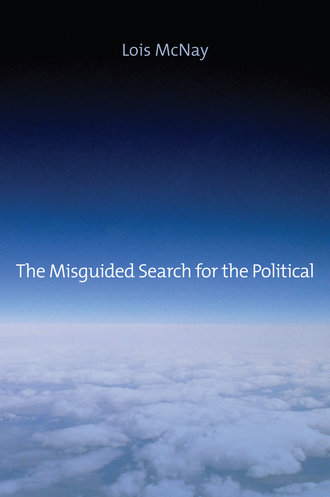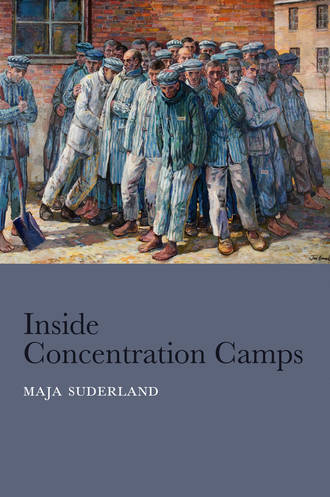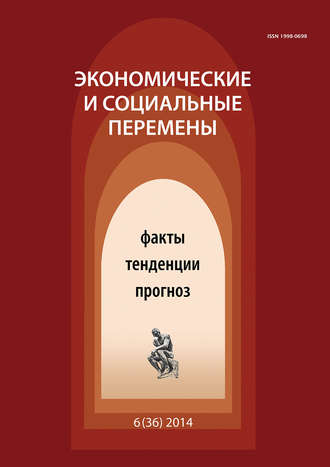The Misguided Search for the Political
4.05 из 5, отдано 14 голосов

Lois McNay
There has been a lively debate amongst political theorists about whether certain liberal concepts of democracy are so idealized that they lack relevance to ‘real’ politics. Echoing these debates, Lois McNay examines in this book some theories of radical democracy and argues that they too tend to rely on troubling abstractions – or what she terms ‘socially weightless’ thinking. They often propose ideas of the political that are so far removed from the logic of everyday practice that, ultimately, their supposed emancipatory potential is thrown into question. Radical democrats frequently maintain that what distinguishes their ideas of the political from others is the fundamental concern with unmasking and challenging unrecognized forms of inequality and domination that distort everyday life. But this supposed attentiveness to power is undermined by the invocation of rarefied models of political action that treat agency as an unproblematic given and overlook certain features of the embodied experience of oppression. The tendency of radical democrats to define democratic agency in terms of dynamics of perpetual flux, mobility and agonism passes over too swiftly the way in which objective structures of oppression are often taken into the body as subjective dispositions, leaving individuals with the feeling that they are unable to do little more than endure a state of affairs beyond their control. Drawing on the work of Adorno, Bourdieu and Honneth, amongst others, McNay argues that in order to make good the critique of power, radical democratic theory should attend more closely to a phenomenology of negative social experience and what it can reveal about the social conditions necessary for effective political agency.Категория: социология
ISBN: 9780745684161
Правообладатель: John Wiley & Sons Limited
Легальная стоимость: 6425.77 руб.
Ограничение по возрасту: 0+




Комментарии ():